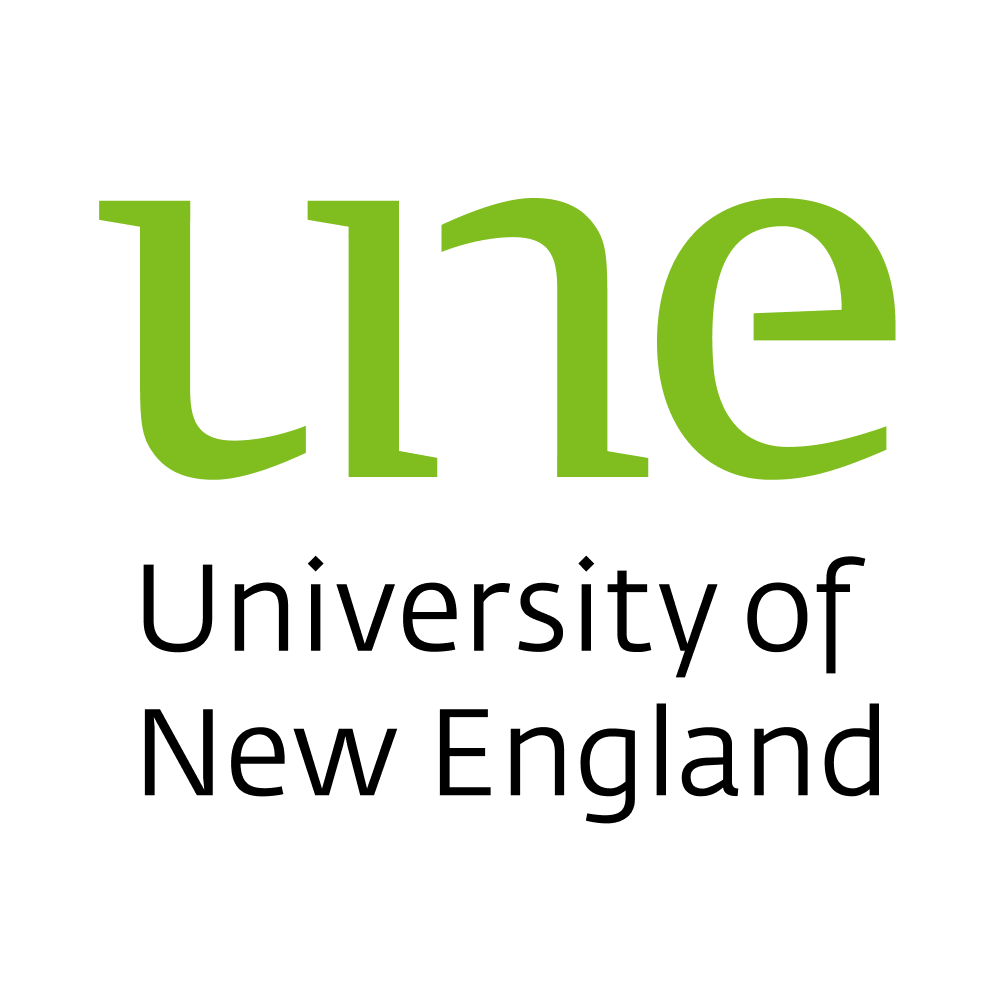University of New England
Graduate Certificate in Accounting
- Delivery: Online
- Study Level: Postgraduate
- Duration: 24 months
- Course Type: Graduate Certificate
Completing this course will set you on the path towards full accreditation with the peak professional accounting bodies.

Course overview
Accountants perform an essential role in just about every organisation around the world. As technology and business environments change, companies, governments and non-profits need skilled professionals to guide them in making financial and strategic decisions based on sound interpretations of accurate and reliable data and intelligence.
UNE's Graduate Certificate in Accounting will build on your skills and knowledge to allow you to lead the way towards making informed decisions in the workplace.
This course will also enable you to continue to high-level accounting studies, such as the Graduate Diploma in Accounting and the Master of Professional Accounting.
CSP Subsidised Fees Available
This program has a limited quota of Commonwealth Supported Places (CSP). The indicative CSP price is calculated based on first year fees for EFT. The actual fee may vary if there are choices in electives or majors.
Key facts
March, 2026
What you will study
To qualify for the award, a candidate must pass units to the value of 24 credit points, including at least 18 credit points at 400-level and not more than six credit points at 500-level, as approved by the course coordinator. Each unit is valued at six credit points.
Core units
Complete the following units:
- Management Accounting
- Introductory Accounting
Listed units
Complete 12 credit points from the following units, with not more than six credit points at 500-level:
- Intermediate Financial Accounting
- Accounting Theory and Research
- Advanced Financial Accounting
- Auditing
- Corporate Finance
- Accounting Information Systems
- Economics for Management
- Taxation Law
- Issues in Commercial and Financial Services Law
- Quantitative Techniques for Management
Entry requirements
Academic requirements
This course is offered under two admission rules.
Rule A: You have completed ONE of the following qualifications (or their overseas equivalents):
- Bachelor's (AQF Level 7)
- Bachelor honours (AQF Level 8)
- Graduate certificate (AQF Level 8)
- Graduate diploma (AQF Level 8)
- Master's (AQF Level 9)
- Doctorate (AQF Level 10)
If you are admitted on this basis, you will be eligible for admission under standard entry.
Rule B: You have a minimum of five years of full-time (or part-time equivalent) relevant professional experience.
If you are admitted on this basis, you will be eligible for admission under standard entry.
Relevant professional experience refers to a position of responsibility in any organizational or industry context.
English language requirements
You may be required to show how you satisfy the English language requirements for this course. Contact the university for more information.
Recognition of Prior Learning
Advanced Standing is credit or recognition of your previous study, work and/or life experience. This can reduce the cost and length of your studies.
Individual Unit Advanced Standing
If you are admitted into this course and believe you have already completed the equivalent of one or more of the units in your study within the last 10 years, you can apply for Individual Unit Advanced Standing.
The maximum amount of Advanced Standing that can be granted for this course is 12 CP.
Outcomes
Career outcomes
Careers you could consider include:
- Professional accountant
- Financial or budget analyst in a commercial enterprise
- Data analyst in a financial institution
- Entrepreneur or small business owner
- Agribusiness manager or consultant
Learning outcomes
- Demonstrate specialised knowledge within the accounting discipline to undertake professional work in accounting, and demonstrate the ability to communicate that knowledge.
- Identify issues in accounting and finance, collect relevant data, critically evaluate a range of solutions to address complex problems and recommend the best course of action.
- Communicate effectively with both accounting and non-accounting professionals on complex accounting and finance issues.
- Make ethical decision on issues relevant to accounting and finance, and demonstrate clear knowledge of your responsibility and accountability for the decisions and those of others involved in its implementation.
- Integrate theoretical and technical accounting knowledge to demonstrate the ability to initiate, plan, implement and evaluate broad functions within specialised accounting contexts.
Fees and CSP
Estimated first-year and full fee in 2026: $8,469 (Commonwealth Supported Place)
Estimated first-year and full fee in 2026: $15,288 (domestic full-fee paying place)
Estimated amenities fee per year if studying full-time: $373
The costs will depend on the units you choose to study, as the cost of individual units varies. “Estimated fees” are provided as a guide only based on a typical enrolment of students undertaking a study load of 48 credit points in the first year of this course. For courses that require fewer than 48 credit points, the fees indicated are based on the total credit points needed for the completion of that course.
Student fees may vary in accordance with:
- The number of units studied per term.
- The choice of major or specialisation.
- Choice of units.
- Credit from previous study or work experience.
- Eligibility for government-funded loans.
Commonwealth Supported Places
The Australian Government allocates a certain number of CSPs to the universities each year, which are then distributed to students based on merit.
If you're a Commonwealth Supported Student (CSS), you'll only need to pay a portion of your tuition fees. This is known as the student contribution amount – the balance once the government subsidy is applied. This means your costs are much lower.
Limited CSP spaces are offered to students enrolled in selected postgraduate courses.
Your student contribution amount is:
- Calculated per unit you're enrolled in.
- Dependent on the study areas they relate to.
- Reviewed and adjusted each year.
Student fees shown are subject to change. Contact the university directly to confirm.
FEE-HELP loans are available to assist eligible full-fee paying domestic students.
HECS-HELP loans are available to CSP students to pay the student contribution amount.

















